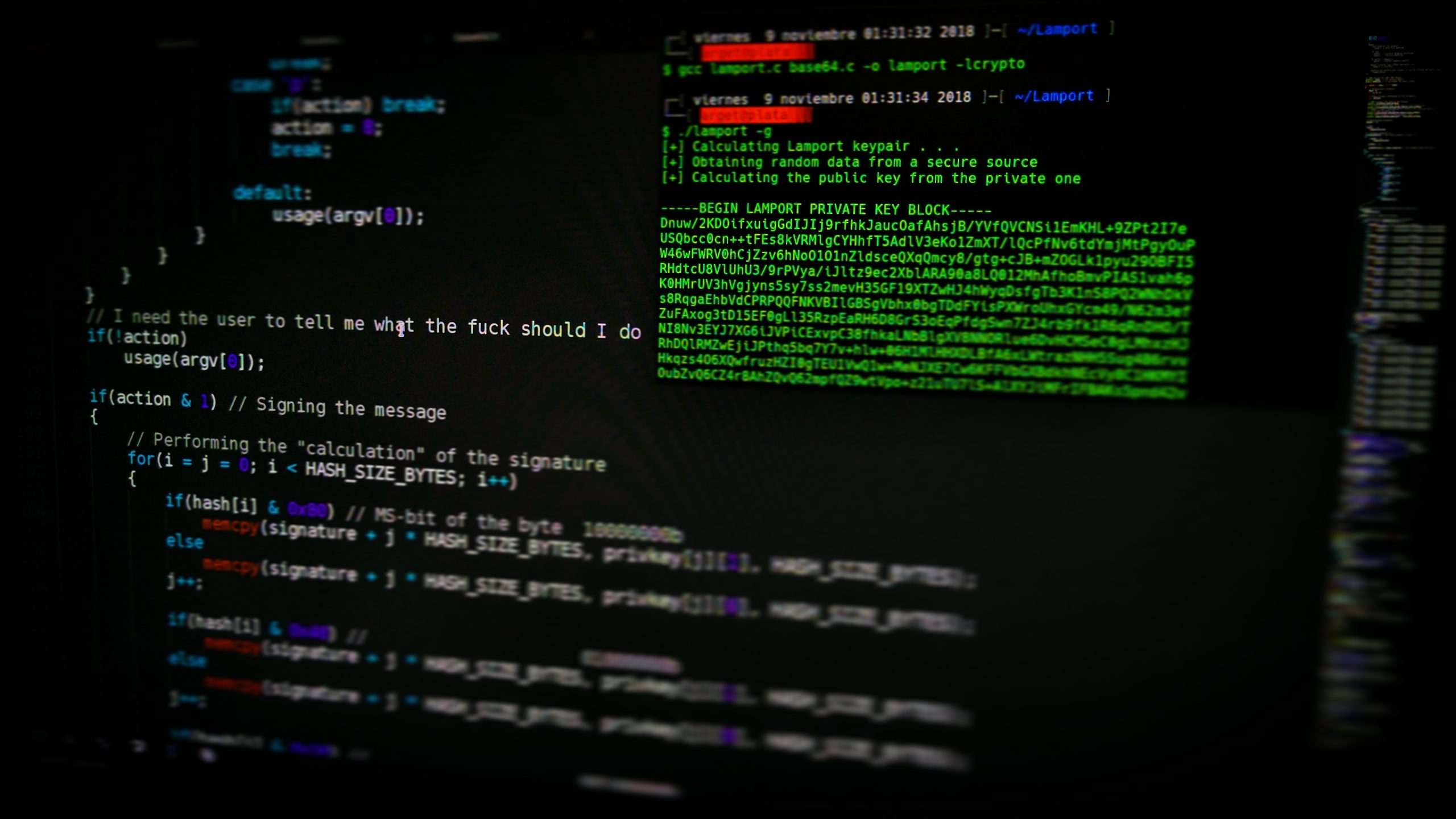Google fix for active Chrome zero-day
Google rushes out fix for active Chrome zero-day CVE-2025-6554 – a critical vulnerability in Chrome’s V8 engine – is being exploited right now, so Google has released an out-of-band patch. What happened? • A type-confusion bug lets an attacker craft a web page that reads or writes arbitrary memory, paving the way for full code […]








